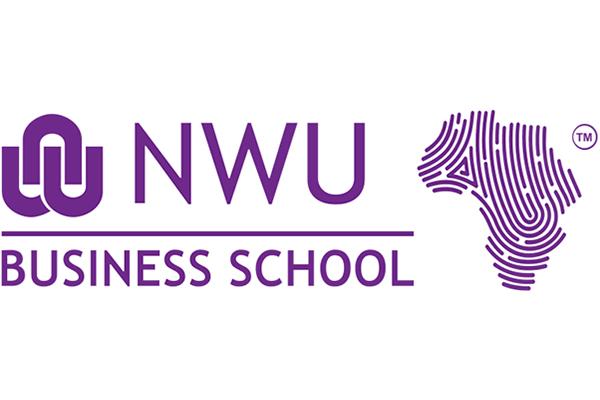Prof Raymond Parsons Leads Multi-Authored Book from NWU Business School, Empowering Voters for Critical Election Year
A multi-authored book edited by renowned economist Prof Raymond Parsons, from the North-West University (NWU) Business School, aims to encourage and empower voters to make informed choices in this critical election year.
“There is no going back, and the options have dwindled. In the grand scheme of things, South Africa is no longer at the proverbial crossroads, but rather at a T-junction,” says Prof Parsons.
He edited and co-authored the book Tipping Point ─ turmoil or reform? South Africa’s political economy after 2024, which has been published by Jacana Media.
The book offers much food for thought on the subject and uses as points of departure crucial questions such as why the 2024 election is clouded in uncertainty and why so many South Africans are concerned about it. It also explores the alternative political economy scenarios that might materialise and the forces that will shape the outcomes. It further looks at the specific features of the political campaigning and party manifestos that the electorate needs to navigate.
Prof Parsons says the 2024 election is seen as a high-stakes event for the country. This is evident from the effort that political leaders and parties have put into persuading eligible citizens to register as voters and the power they use to shift the needle in the direction of their desired political outcome.
“Citizens should not just exercise their right to vote; they should also be as well informed as possible when they make their electoral choices about the fundamentals and desirability of economic reform, accountability, transformation and many other related issues,” Prof Parsons cautions.
He explains that the insights shared in the different chapters will be a valuable supplement to what voters are hearing from political campaigners and other sources. But the value in the book extends well beyond being a source of voter information.
“Once the immediate outcome of the 2024 election is known, the real work begins: tackling the immense challenges of unemployment, poverty and inequality with renewed commitment and rigour, for which the authors wish to deliver achievable solutions. The book is the outcome of their thinking.
“Against this background, it is therefore common cause that, as South Africa’s 2024 general election is the most important one since 1994, a high standard of thought leadership needs to be leveraged to assist in this task.”
According to Prof Parsons, all the evidence points to a distinct breaking of the mould in which South African politics has been cast since 1994. A more fluid and volatile political environment has inevitably developed in the country, along with a much more competitive political playing field.
The wide range of persuasive outcomes of the election being offered by political pundits underscores the level of uncertainty that is characterising the build-up to 29 May.
Prof Parsons concludes that eligible voters ought to be fully engaged if they wish to influence the course of events. “While the virtues of democracy in general and South Africa’s Constitution in particular are often rightly lauded, a successful democracy is one that delivers the economic benefits that many citizens have come to expect. A bigger, stronger and better economy is an indispensable bulwark of democracy in South Africa. In the final analysis, shared economic prosperity remains the only secure guarantee of a democratic order in this country.”
A Pitso webinar that focused on the book was held on 4 April. It was facilitated by Khaya Sithole and featured an impressive panel of experts, including Prof Parsons, Isaah Mhlanga, chief economist and head of research at Rand Merchant Bank, and Prof Jan van Romburgh from the NWU Business School. The webinar offered a platform for rigorous discussion and analysis and also offered insights into potential pathways for reform and progress.
It highlighted the key economic and business factors that are crucial in shaping the national agenda after the elections on 29 May.
Prof Parsons said during the webinar that it is perhaps the only comprehensive book written prior to this year’s election, providing an insightful analysis of the dynamics surrounding the elections and what lies beyond.
Isaah Mhlanga, who contributed a chapter that focused on fiscal policy choices, cautioned against imprudent decisions such as bailouts for state-owned enterprises and the implementation of free higher education. He also outlined the economic challenges posed by rising debt. He gave recommendations on the funding of the Covid-19 SRD grant, stressing the necessity of making difficult trade-offs and being mindful of potential consequences.
Prof Van Romburgh, who contributed a chapter on combatting corruption in South Africa, was optimistic. He cited developments such as the Zondo Commission’s role in raising awareness and fostering transparency. He emphasised the vital role of the media in exposing corruption.
Tipping Point – turmoil or reform? South Africa’s political economy after 2024 is available at Van Schaik bookstores.

